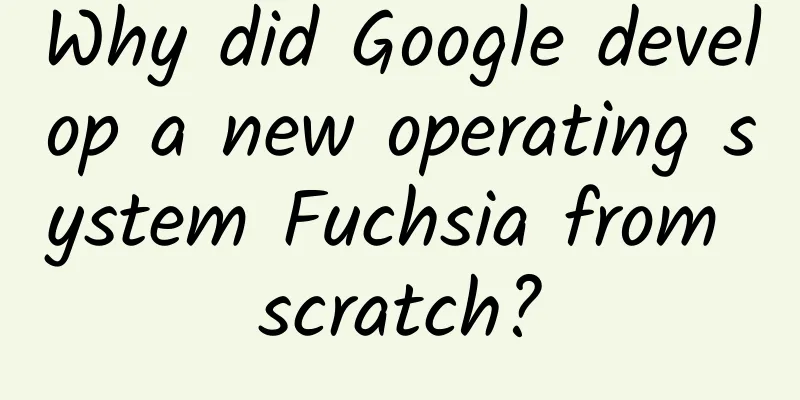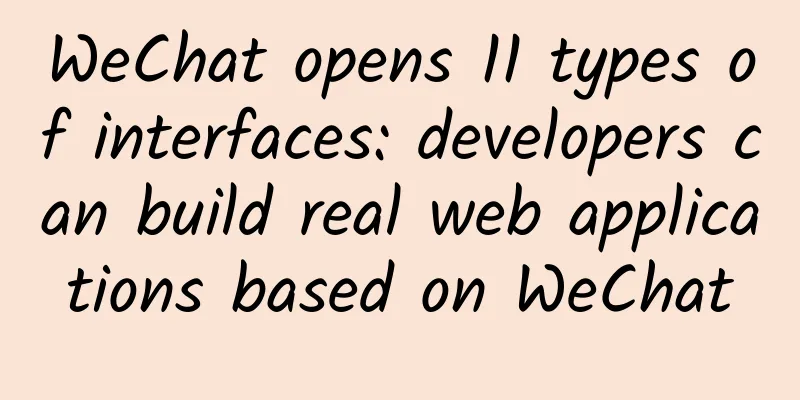Why did Google develop a new operating system Fuchsia from scratch?

|
Last week, a bunch of Googlers did something odd: They quietly revealed a new operating system that, in theory, competes with Google's own Android OS. The open-source operating system, codenamed Fuchsia, is in development and is meant to run on everything from lightweight, single-purpose devices like ATMs and GPS units to desktop computers. But unlike Android, Fuchsia isn't based on Linux, or derived from any of the other software that forms the basis of personal computing and communications. Instead, it's a clean slate. Fuchsia is still in the early stages of development, and Google hasn't made any major announcements about how it plans to be used, so it's possible that it's just an experiment. Still, Google has plenty of reasons to reset decades of software history. Stubborn Kernel This is something that's relevant to your phone, tablet, and laptop, but you might not realize it: Most of them use software "kernels" that are pretty old. Android uses the Linux kernel, which was developed in 1991. Apple platforms like Mac OS X and iOS are based on Unix, which originated at Bell Labs in 1969. Windows computers are based on the Windows NT kernel, which dates back to 1993. The kernel's purpose is to manage the lowest levels of the operating system. It handles requests from hardware devices like the keyboard, schedules tasks, and manages files and memory. To do this, it abstracts away the intricacies of the operating system, which helps, for example, by letting developers print without having to know the exact printer model. For an industry obsessed with the latest technology, the resilience of old kernels like Unix, Linux, and Windows NT can seem paradoxical. But industry analyst Horace Dediu argues that at the lowest level, computing is essentially the same as it was decades ago. Today's Windows computers, for example, use chips that are direct descendants of the Intel processors that powered the first IBM PC. In that sense, the kernel is just a commodity. "We're still using the exact same architecture, we're still using the exact same concepts of computing -- registers, gates, transistors -- and for that reason there's no need to make a better kernel," Dediu says. "The kernel problem is solved." Or so we thought. We've been packing sensors and computing power into more things these days, turning everyday homes into smart homes, for example, and generally making everything more connected (the jargon is the Internet of Things). The idea behind Fuchsia is perhaps that aging kernels like Linux are no longer adequate for this wave of new devices. Likewise, the creators are envisioning a new kernel for the modern age. (The kernel itself is called Magenta, based on another recent Google experiment, LittleKernel.) Zach Supalla, whose company Particle makes hardware kits and developer tools for the Internet of Things, points out that Linux has several problems for these small-scale computing devices. One is that Linux is too big for this kind of application. Even though the Linux kernel is modular, allowing developers to strip out unnecessary parts, it still ends up taking up several megabytes of space. This means it's harder to cram the Linux kernel into a cheap microcontroller, which requires a processor that's often much larger, more expensive, and more power-hungry. "There's a whole new supply chain gap that hasn't been crossed, which requires higher quality manufacturing at a much lower cost," Supalla said. Another problem is that Linux isn't "real-time." Unlike embedded systems used in single-purpose devices like ATMs and medical products, Linux uses a scheduler to handle large groups of tasks. While this can greatly improve the performance of general-purpose computers, it can also cause problems for devices that require precise timing, such as 3D printers or the many electric control systems inside cars. "To make sure this thing runs at the exact microsecond, you don't want a process sitting there deciding when to run something," Supalla said. General-purpose operating systems like Linux may also be less secure for IoT applications, Supalla said. The larger code base means there may be more security vulnerabilities that need to be addressed or locked down through firewalls or VPNs. "One of the values of running a real-time operating system or embedded system is that these systems don't have to lock down anything," Supalla said. "It doesn't have to run a bunch of things that you have to think about. It doesn't run anything except the software you write." Supalla's theory is that Fuchsia is an attempt to combine the best of both worlds, and Linux still handles the application and hardware communication through the operating system better, while some of today's embedded operating systems, such as FreeRTOS and ThreadX, do not have the problems mentioned above. "They might want to have the level of abstraction that Linux has, but they want the performance, small size, and real-time nature of an RTOS," Supalla says. "Those are all very valuable things, and I think theoretically they can be done. It just hasn't been done before." Scaling Upwards If Fuschia was only aimed at small devices, it might not be that noteworthy. But Fuschia's developers are aiming for bigger things, claiming that the OS can scale to smartphones and desktop computers. In theory, that would make Fuschia a direct alternative to Google's Android and Chrome OS. Why would they? According to Supalla, starting from scratch might allow for a more efficient OS, which in turn could enable more efficient servers—something Google has long been interested in. He also points out that desktop compatibility would also allow for the simulation of running a large number of smaller devices at once, ensuring scale. "It's easier to run a thousand servers running the same software application at the same time than it is to run a million chips, so that's better for testing," Supalla says. Dediu's theory is different: A new OS would insulate Google from the intellectual property licensing issues that Android has faced. "Because it's a clean slate, there won't be any IP issues," he says. "That's probably a reasonable assumption, because Linux does have some tricky IP issues." Remember, this is probably academic. Fuchsia's developers say they'll fully document and eventually release the OS, but there's still a long way to go, and it's not clear that Google will fully support it. The Android ecosystem is already huge (and merging with Chromebooks). Meanwhile, Google is expanding a version of Android to IoT devices with embedded features called Brillo—Linux's shortcomings be damned, it's becoming a full-fledged platform, not just a simple operating system. Also, Unix started as a volunteer project, not recognized by Bell Labs; Torvalds did Linux as a hobby. Maybe decades from now, we'll be talking about how Fuchsia wasn't taken seriously at Google. As a winner of Toutiao's Qingyun Plan and Baijiahao's Bai+ Plan, the 2019 Baidu Digital Author of the Year, the Baijiahao's Most Popular Author in the Technology Field, the 2019 Sogou Technology and Culture Author, and the 2021 Baijiahao Quarterly Influential Creator, he has won many awards, including the 2013 Sohu Best Industry Media Person, the 2015 China New Media Entrepreneurship Competition Beijing Third Place, the 2015 Guangmang Experience Award, the 2015 China New Media Entrepreneurship Competition Finals Third Place, and the 2018 Baidu Dynamic Annual Powerful Celebrity. |
<<: SF Express’s triple-proof mobile phone is tested: automatically reset to zero at midnight!
Recommend
Lei Jun, the car-making king, passed on a message that BYD, which makes mobile phones for Huawei, is the rightful heir to Xiaomi?
At this year's Xiaomi Spring New Product Laun...
The Mystery of Gigantopithecus and Humans in Lingnan's Prehistoric History
Lingnan entered the Cenozoic Paleocene, and life ...
A new turning point for TV games in 2016 from LeTV's new policy
January 20, 2016, the Great Cold, the last solar ...
Apple: If you accidentally drop your iPhone XR, the cost of repair could be as high as 73% of the price of a new phone
With Apple opening pre-orders for the iPhone XR o...
How should consumer products build their own traffic strategy in order to achieve sustainable sales growth?
Earlier this year, a senior traffic operator told...
2019 Internet Marketing Promotion Tips!
With the gradual improvement of current Internet ...
2019 5G Mobile Phone Buying Guide
In the second half of 2019, with the issuance of ...
How much does it cost to be an agent of Tongling Maternity and Childbirth Mini Program? What is the quote for the Tongling Maternity and Childbirth Mini Program agent?
How much does it cost to be an agent of Tongling ...
Qingyang Mini Program Investment Company, how much does the Flower Mini Program cost?
How much is the investment price in Qingyang Flow...
Baidu search oCPC optimization skills
We know that the threshold for big search oCPC is...
Don’t ignore your parents’ leg pain. Many people suffer from it when they are older! Keep doing this to protect your joints
My parents are getting old, climbing the stairs W...
iOS 9 adds UIStackView official documentation translation
[[138768]] 1. Inheritance, Compliance, Affiliatio...
Nut 3 review: Outrageous balanced design and battery life will move you to tears
As a thousand-yuan phone, the Nut 3 has achieved ...
What did Xiaomi do to make Indians obsessed with "grabbing" Xiaomi?
Last year, Lei Jun, the founder of Xiaomi, announ...









